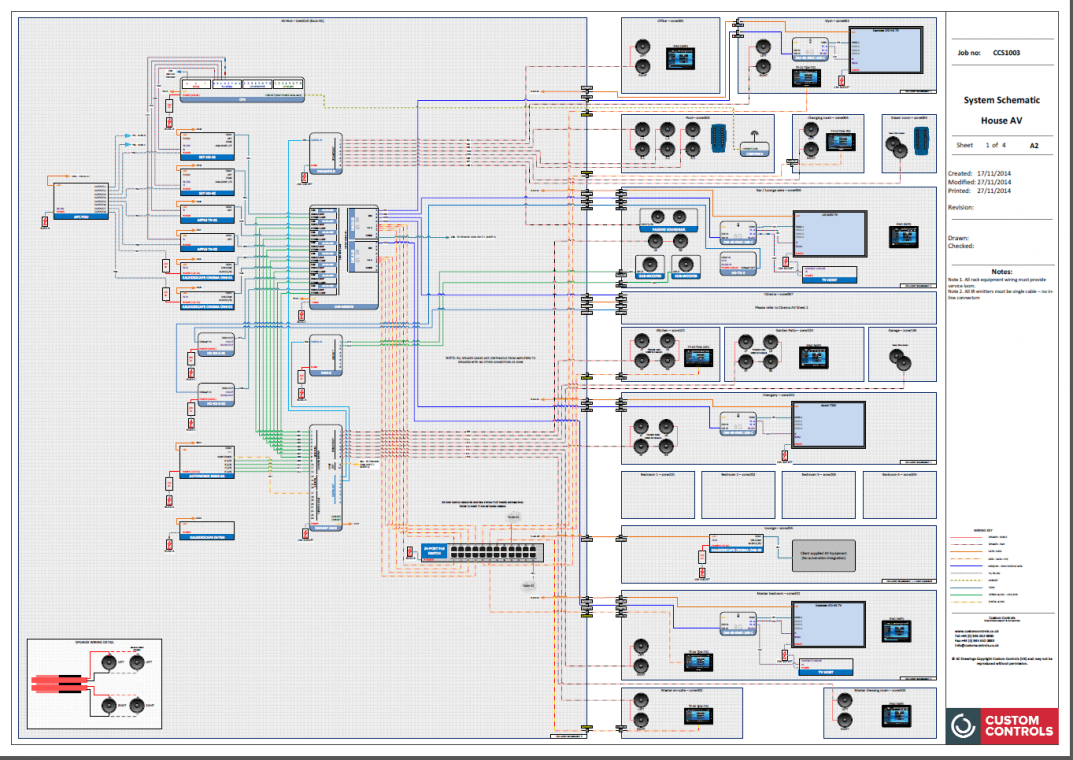
Another important consideration is the resolution of the cameras. The image quality determines the sharpness of the images recorded by the cameras. Increased image quality cameras provide sharper footage, which can be crucial for recognizing faces or registration plates. Businesses should evaluate their specific requirements when choosing the resolution. For instance, a retail business may require high-quality cameras to observe customer interactions, while a storage facility might prioritize wider coverage over detailed detail. It is also essential to consider about the storage solutions for the recorded video. Businesses can select between local recording, such as solid-state drives, or cloud solutions, which allows for remote viewing and easier handling of video data.
The placement of the units is another key consideration. Correct unit placement can significantly enhance the efficacy of a security solution. Cameras should be located to monitor all entry and egress points, as well as busy areas within the company. It is also important to think about possible blind spots where criminal actions could occur without detection. A professional surveillance consultant can assist determine the best spots for camera setup to maximize monitoring and minimize vulnerabilities. Moreover, businesses should consider about the lighting environment in the locations where cameras will be set up. Cameras with low-light capabilities are essential for observing poorly illuminated spaces.
Connectivity and compatibility with other security solutions are also vital considerations. Many contemporary security video systems offer features such as remote viewing through mobile devices or computers, which enables business owners to observe their premises in actual time. Compatibility with alarm solutions or entry control solutions can offer a more comprehensive security system. Businesses should evaluate their existing surveillance measures and think about how a fresh camera solution can enhance or improve those protocols. This integration can result to a more efficient and efficient surveillance strategy.
Finally, budget factors play a major part in selecting a security camera system. Companies must weigh the requirement for high-quality equipment with their financial limitations. It is important to investigate different brands and models to identify a solution that offers the best value for money. Although it may be appealing cctv installation for small businesses to select the cheapest option, spending in a dependable and long-lasting system can save costs in the long-term by lowering maintenance costs and enhancing safety. By carefully considering these factors, companies can choose the ideal security video solution that fulfills their specific needs and enhances their overall safety strategy.